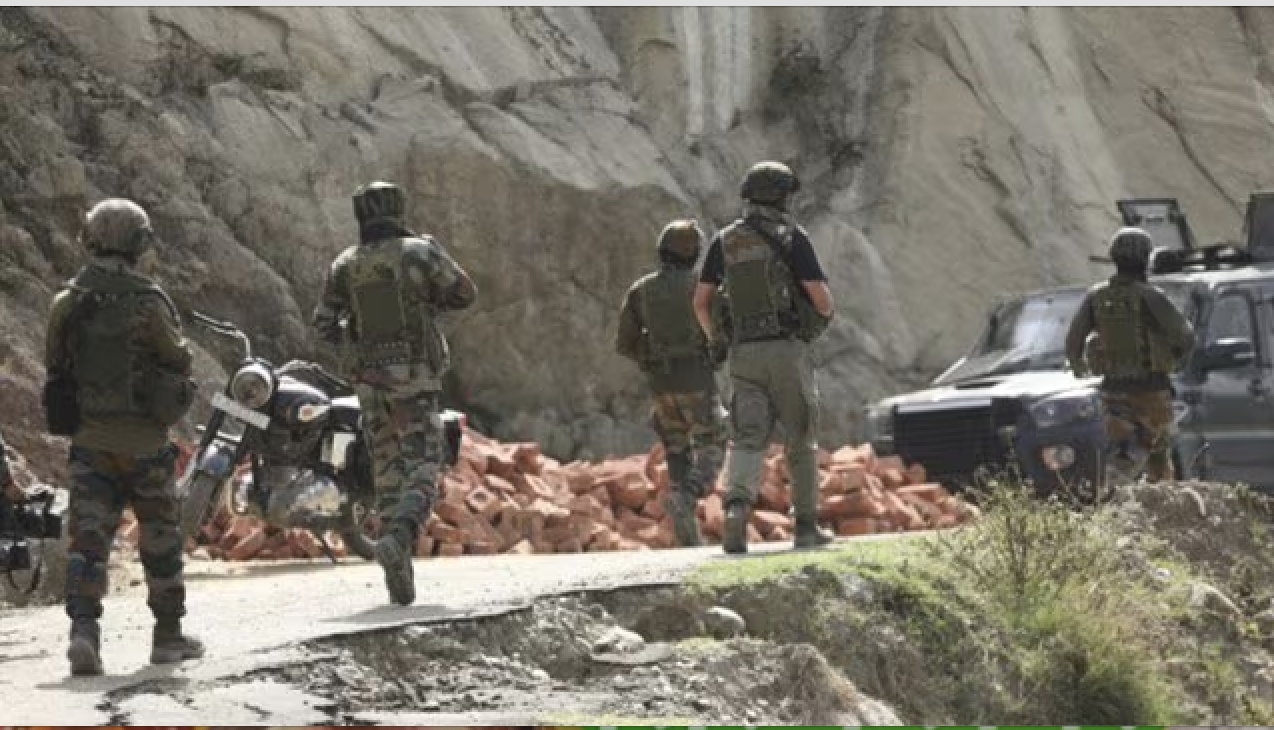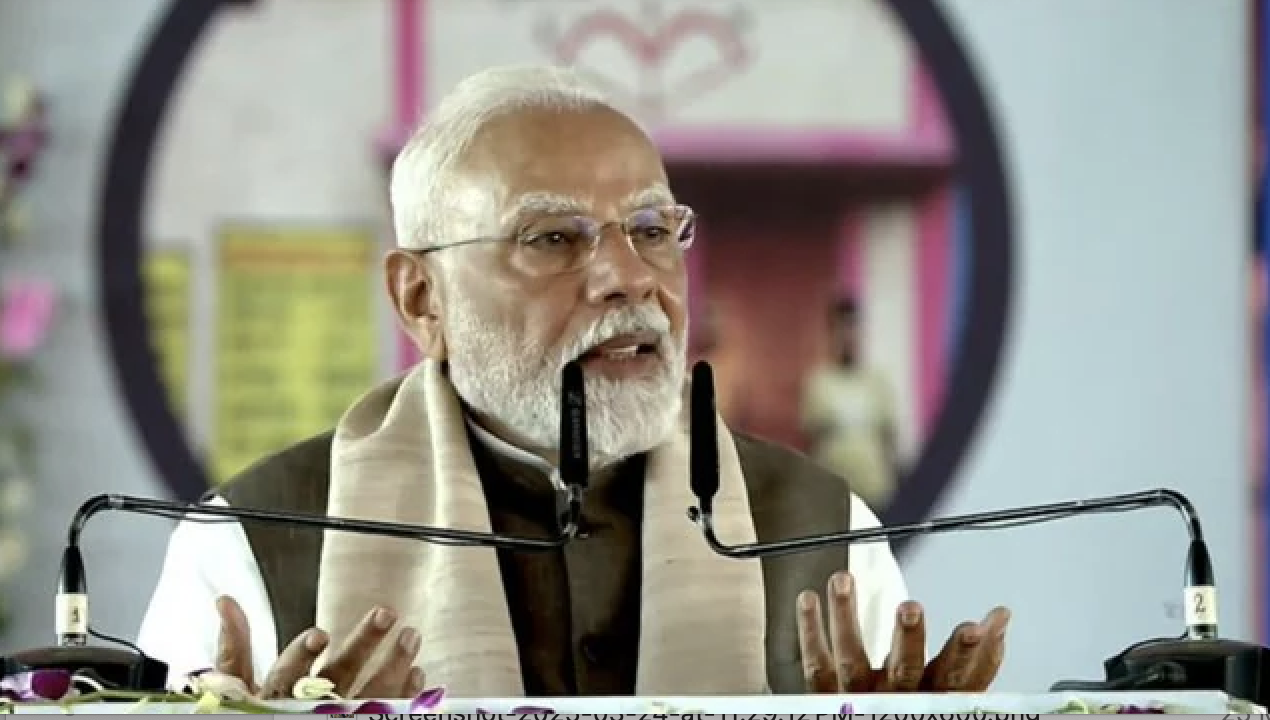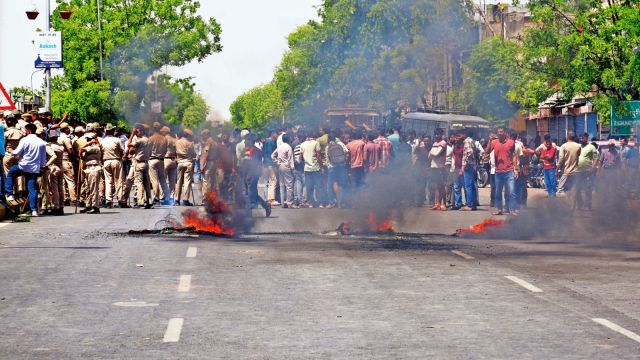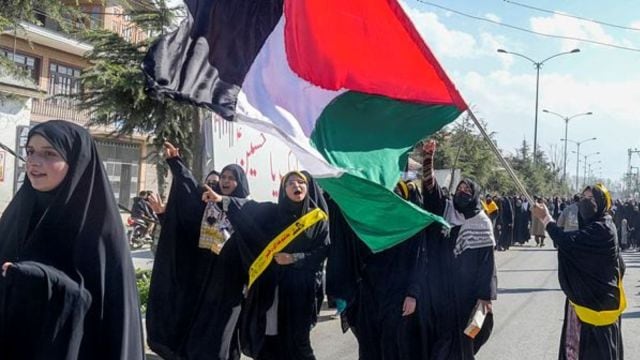New Delhi: Two recent orders of the Jammu and Kashmir (J&K) High Court foregrounding the protection of life and liberty and the right to freedom of speech and expression while granting bail to one Kashmiri journalist and quashing the preventive detention order of another offered some reprieve for beleaguered journalists in the union territory, but there is little sign the State will embrace the letter and spirit of the pronouncements.
Indeed, on the same day as the second of the two orders was reported,
J&K’s director general of police, R R Swain warned “people who write” not to “hide” behind the right to freedom of speech.
Kashmiri journalist Sajad Gul was 26 years old when he was slapped with a preventive detention order by the J&K police on 14 January 2022. This was nine days after he had already been arrested for sharing on social media a video of a slain militant’s family shouting slogans against India and, crucially, one day before he received bail in the matter.
His lawyer would argue the State detained him under the Jammu and Kashmir Public Safety Act (PSA), 1978 to keep him from getting out of jail, a common refrain of journalists and activists slapped with multiple cases since the Bharatiya Janata Party came to power almost ten years ago, and India’s global press freedom ranking has plummeted to 161 out of 180 countries.
On 9 November 2023, just two months short of the two years that the draconian PSA allows for a person to be jailed without a trial, the chief justice of the High Court of Jammu & Kashmir and Ladakh, N Kotiswar Singh, and Justice M A Chowdhary said a detention order based on “such vague grounds” could not be sustained. They found the detaining authority had not applied its mind, there was no specific instance of his write-ups or posts being prejudicial to the State’s security, and detaining critics was an abuse of the preventive law.
The news of the quashing broke on 18 November, the day after the high court granted bail to Fahad Shah, another Kashmiri journalist who was arrested on 4 February 2022, a month after Gul, and subsequently arrested in four cases—three of them under India’s anti-terror law, the Unlawful Activities Prevention Act, 1967, and slapped with a PSA order as well.
In the two years since his arrest, Shah, the editor of the independent news outlet The Kashmir Walla, received bail in three cases. The PSA order against him was quashed in March this year by Justice Wasim Sadiq Nargal for reasons that would be echoed in the quashing of Gul’s order—non-application of mind and “vague and bald assertions” by the State.
The case in which Shah received bail this month was registered by the National Intelligence Agency (NIA) in April 2022 in connection with an article that was published more than ten years earlier in November 2011 in The Kashmir Walla, a fledgling magazine that Shah, then 21 years old, was trying to build.
The State alleged this “seditious” and “highly provocative” article, ‘The shackles of slavery will break’, written by Abdul Ala Fazili, a research fellow at Kashmir University at the time, “intended to create unrest” incite young men to be violent and “led to an increase in terrorism and unlawful activities”.
Article 14’s examination of the police case in June after sessions judge Ashwani Kumar Sharma of the NIA court in Jammu rejected bail and framed charges under the UAPA against Shah showed the police case to be an exercise in assumptions with no evidence that the article in question had led to an increase in terrorism of unlawful activities in the region, where a violent Pakistan-backed insurgency had been raging since the early nineties.
This story was originally published in article-14.com. Read the full story here .






